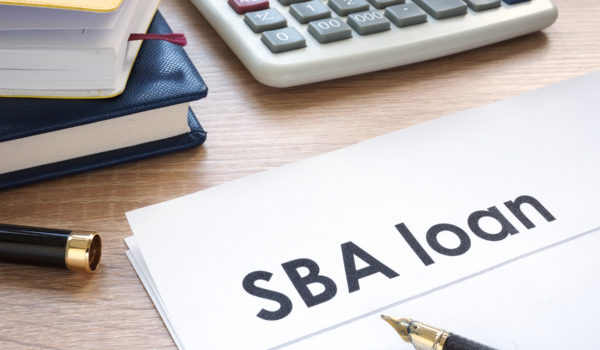The U.S. House of Representatives voted overwhelmingly on Thursday, May 28 to pass a bill aimed at making it easier for small businesses to utilize funds received under the Paycheck Protection Program (PPP). The stimulus was established as part of the CARES Act in response to the COVID-19 crisis. To date, more than 4.4 million PPP loans have been distributed by Small Business Administration-affiliated lenders, at a value of more than $500 billion. The bill, titled the Paycheck Protection Program Flexibility Act, would revise a number of provisions of the PPP that have been cited as burdensome by business owners and organizations, including the period for forgiveness of PPP loans and the portion of PPP loans that must be applied to payroll expenses. Though it passed the House 417 to 1, the bill faces an uncertain future in the Senate.
The Paycheck Protection Program Flexibility Act addresses some key points of the CARES Act’s PPP loan program that have been criticized the most by businesses. Some of the key provisions of the bill are:
- The bill extends the maturity date for PPP loans from 2 years to 5 years.
- The end of the covered period for the loan program is extended from June 30, 2020 until December 31, 2020, which would allow PPP loans to be received and proceeds under the loans to be used by businesses through the end of the year.
- The period for forgiveness of a PPP loan is extended from 8 weeks from the funding of the applicable loan to the earlier of (a) 24 weeks from the funding of the loan, or (b) December 31, 2020, giving borrowers more time to gain forgiveness of their PPP loans. However, borrowers would still be able to elect for the covered period for the purpose of forgiveness to be limited to the initial 8-week period.
- The period under which businesses are required to use proceeds of a PPP loan is extended from 8 weeks to 24 weeks.
- The bill expands on the rules established in the SBA and Department of the Treasury’s interim rules on the PPP that a business’s amount of loan forgiveness under its PPP loan will not be affected if the business is able to document, in good faith, an inability to rehire individuals who were employees of the business on February 15, 2020, and an inability to hire similarly qualified employees for unfilled positions on or before December 31, 2020. Businesses will also not be penalized for reducing the number of full-time equivalent employees if, in good faith, a business is able to document an inability to return to the same level of business activity it was operating at before February 15, 2020, due to requirements established by the Centers for Disease Control and Preventions (CDC), Occupational Safety and Health Administration (OSHA), or the Department of Health and Human Services (HHS), relating to maintaining standards for sanitation, social distancing, or any other worker or customer safety requirement related to COVID-19. The deadline for a business to rehire employees let go due to the COVID crisis to fall under the safe harbor for loan forgiveness is extended from June 30, 2020 until December 31, 2020.
- The bill reduces the percentage of PPP funds that are required to be applied towards payroll costs for the loan to be forgivable from 75% to 60%. While this change could allow larger portions of the PPP loans forgivable, it should be noted that the bill does not address the interim rule requirement that 75% of loan proceeds must be applied to payroll costs. It is not clear whether this bill would change that requirement.
Though it passed through the House with bipartisan support, it is not clear if the Paycheck Protection Flexibility Act will make it President Trump’s desk. The Senate has been working on its own bill to revise PPP requirements, and senators, including Marco Rubio, who chairs the Senate Small Business and Entrepreneurship Committee, have pushed back on the House’s bill. As of May 29, the Senate had not voted to approve either the House bill or the proposed Senate bill.
As the initial PPP deadline date of June 30 approaches, businesses could find comfort from the relaxed restrictions and increased certainty under the proposed Paycheck Protection Program Flexibility Act. Many businesses are seeing that the COVID-19 crisis will have expansive long-term effects, and the House’s bill could help businesses recover from the crisis over the remainder of the year. Until a revised PPP bill is officially passed into law, however, businesses are left to wait to see if the House, Senate and President Trump can come to an agreement on changes to the program.
For more information, please contact Becky Moore, Shannon Kuhl and Adam Okuley or any attorney in Frost Brown Todd’s Financial Services Industry Team.

